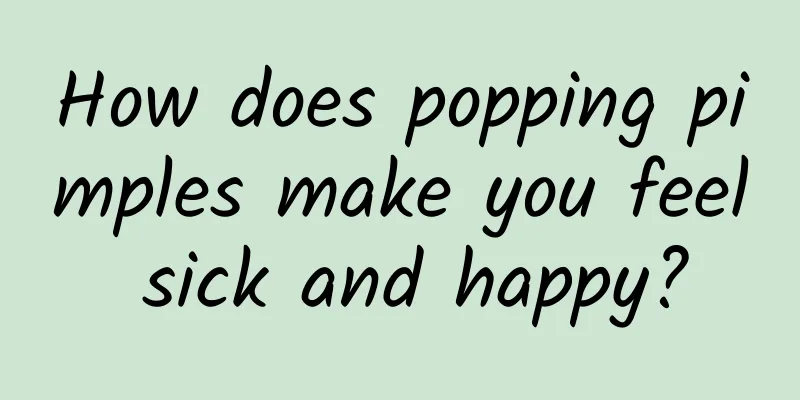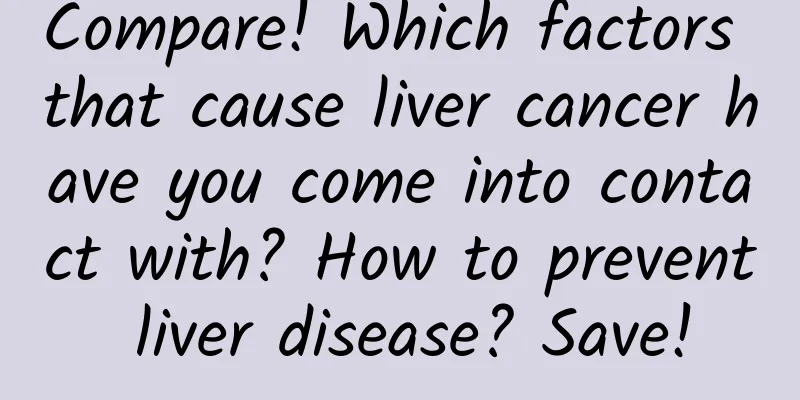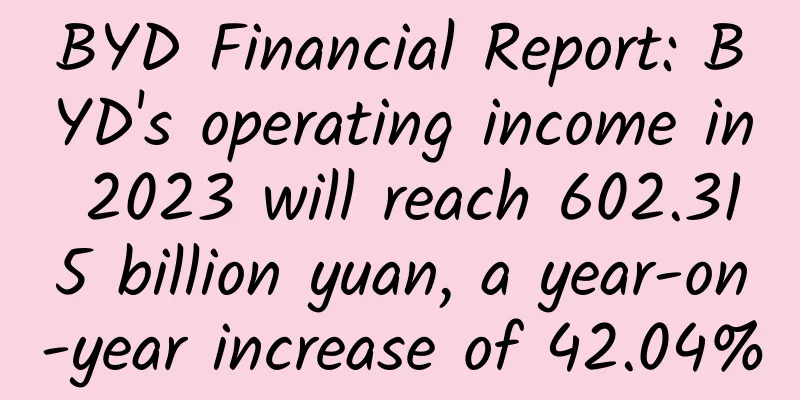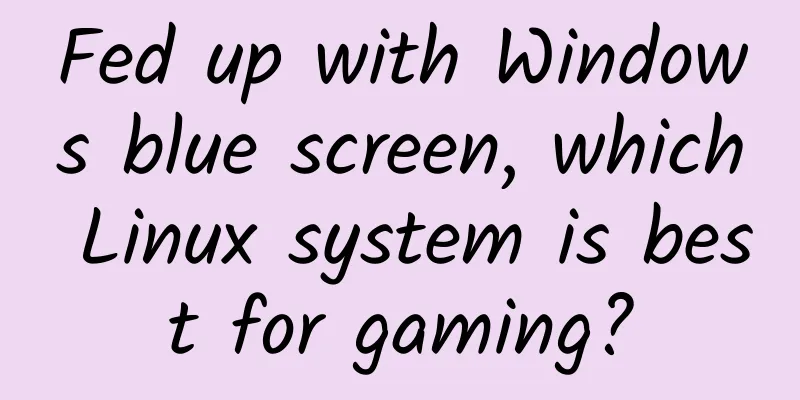How does popping pimples make you feel sick and happy?

|
© Live Science Leviathan Press: I believe that most people will have some subconscious reactions when they see facial defects such as psoriasis, vitiligo, cleft lip or birthmarks, such as sitting farther away from these people on the bus, being hesitant when shaking hands with them, or even showing disgust. Research in recent years has shown that these disgust reactions come from an ancient epidemic prevention system, which is usually designed to prevent us from contracting diseases. In a sense, we treat facial defects as infectious diseases. In the previous article "The surprising relationship between physiological disgust and political orientation", researchers tried to find out the relationship between disgust, an ancient emotion, and political likes and dislikes. Of course, this kind of evidence is not a clear-cut distinction. Sometimes we humans do have strange emotions of "both disgusting and secretly comfortable": for example, when it comes to squeezing pimples, whether as a bystander or the person involved... Typical pimples are caused by blocked oil glands or bacteria in our skin, and while most pimples are harmless, they can become infected (and painful), especially when exposed to the elements. That being said, many of us can't help but pop them. To get to the root of pimple popping, we can look to one of the most basic human emotions: disgust . Daniel Kelly, a philosophy professor at Purdue University and author of Yuck! The Nature and Moral Significance of Disgust, told PopSci that disgust arose to protect humans from infectious diseases and poisons. (www.nature.com/articles/s41598-021-91712-3) © Discover Magazine For example, we have learned to avoid common, disgusting things like rotting meat or feces because they might contain microbes that can make us sick if ingested. The evolution of this "disgust detector" was crucial to our ancestors' survival, Kelly says, because we can't really see the tiny pathogens, such as viruses and bacteria, that can make us sick. (www.ncbi.nlm.nih.gov/pmc/articles/PMC3013466/) (journals.sagepub.com/doi/10.1177/147470491401200209) However, some bodily fluids—like blood, saliva, or pus, including the oily exudate from pimples—often elicit disgust only when they leave our bodies. In these cases, Kelly explains, our disgust acts as a gatekeeper, enforcing a no-return policy: Once our bodily fluids have been out in the big, dirty world, they may be contaminated with bacteria or other pathogens, so we don’t want them back inside. This disgust for disease also enables people to spot signs of illness in those around them, such as sweating or coughing. Disgust was crucial to our ancestors' survival because we can't actually see the tiny pathogens, such as viruses and bacteria, that make us sick. © The British Library But unlike the nausea-inducing feeling of a runny nose, you might be surprised to learn that popping those popped whiteheads doesn't always inspire the same disgusting reaction — in fact, there's an entire community of people who find that final pop of a pimple to be oddly satisfying. The link between popping pimples and the brain Obviously, we all react differently to seeing pus oozing out of a pimple. On a very basic, primal level, even pimple-popping enthusiasts will find it a little off-putting. It all depends on whether the enjoyment you derive from it outweighs your instinctive revulsion. © Marie Claire People may also have varying degrees of love (or aversion) for popping pimples. Some people enjoy watching YouTube or TikTok videos of people popping pimples, but they can’t resist popping their own pimples. Watching others do it on a screen can limit the risk of exposure to danger—the viewer is not actually in danger of being exposed to potential pathogens. This phenomenon is similar to when horror fans watch horror movies. No matter how scary and disgusting a movie is, we know that zombies will not really appear and eat our brains. Even for those who do squeeze their own pimples or those of others, there is still a degree of control involved. The action is different from a sudden infection on your body; while your conscious mind may react with disgust at first, your "lizard brain" and past experience of not getting sick from pus from a pimple help you realize that a single pimple is unlikely to put you in danger. © Beauty Undercover Differences between our brains may also help explain why some people prefer to pop pimples more than others. According to a 2021 paper published in the journal Behavioural Brain Research, each person's response to popping pimples depends on their brain. (www.sciencedirect.com/science/article/pii/S0166432821000164?via%3Dihub) Scientists from Karl-Franzens-Universität Graz in Austria had 38 people who like to pop pimples and 42 people who don't like to pop pimples watch 96 video clips of either popping a pimple, a fountain, or steam cleaning. The fountain video was used as a control because the water from the fountain resembles the pus squeezed out of a pimple, while the steam cleaning video was used as a control for the "oddly satisfying" emotion, the researchers said. After having study participants complete a questionnaire prior to the experiment to determine their enjoyment of popping pimples, their disgust sensitivity, and their sensitivity to rewards and punishments, the participants watched the video clips while the researchers measured their brain activity using a functional magnetic resonance imaging machine (fMRI). © sciencedirect The team found that people who liked pimple popping videos were more sensitive to rewards and had better disgust conditioning skills than those who disliked them. In other words, pimple popping fans were more likely to get aroused by the satisfaction of having pus ejected from their pimples and could better regulate the amount of disgust they felt while watching. These self-reported traits matched up with what the researchers found in their brain imaging. Functional MRI scans also showed that the brain regions most involved in determining whether we enjoy or hate popping pimples are the nucleus accumbens and the insula . The nucleus accumbens is part of the brain's pleasure system and has been shown to regulate how people respond to things they don't like. © sciencedirect When people who didn't like popping pimples watched the videos, their nucleus accumbens shut down, showing almost no activity. Although the nucleus accumbens of people who liked watching the pimple popping videos also shut down, it was more active than in people who didn't like watching the pimple popping videos. The insula is another area of the brain that is activated when we experience disgust. The degree of connectivity between the nucleus accumbens and the insula also differed between the two groups: pimple poppers had higher connectivity between the two brain areas. The researchers hypothesized that increased connectivity between the insula and the nucleus accumbens may be associated with greater disgust regulation. Don’t worry about pimple poppers—just because you have a higher disgust tolerance for popping pimples doesn’t mean you’re any less likely to find something truly harmful and disease-causing. Plus, even the most hardcore pimple poppers have an innate disgust response: This 2021 paper found that, ultimately, all participants were at least slightly disgusted by popping pimples. To squeeze or not to squeeze © Beauty Undercover Unfortunately for pimple-poppers, dermatologists say that no matter how badly you want to get rid of unsightly zits, you really shouldn't do it yourself. Popping pimples can damage the skin, lead to infection, and cause scarring. Blackheads and whiteheads should be left alone, although home remedies like benzoyl peroxide can help them disappear faster. If you have a Vesuvius-sized whitehead and really want to get rid of it, see a dermatologist, as they are trained to perform acne removal properly. If you still have a hankering for pimple popping, there are tons of videos online that will give you safe satisfaction. By Chelsey B. Coombs Translated by Kushan Proofreading/Rabbit's Light Footsteps Original article/www.popsci.com/science/why-we-love-pimple-popping/ This article is based on the Creative Commons License (BY-NC) and is published by Kushan on Leviathan The article only reflects the author's views and does not necessarily represent the position of Leviathan The cover image of this article is from the copyright library and is not authorized for reproduction |
<<: Even rarer than giant pandas! This "cute creature" was photographed again, super cute!
>>: This little sparrow-like creature is more skillful than a human in cracking melon seeds.
Recommend
The high-end development of the Android camp is stuck
The Android camp's progress in the high-end m...
The Science of New Year’s Goods | “Pre-prepared meals” enter the New Year’s Eve dinner, are their safety, taste and nutrition guaranteed?
|||| Written by reporter Song Meng Edited by Liu ...
Dewu App Android Cold Start Optimization - Application
Preface Cold start indicators are very important ...
Juefei Technology and Chuhang Technology work together to accelerate the implementation of China's intelligent connected "vehicle-road-cloud"
On September 2, JFX and Chuhang Technology held a...
What are the main daily tasks of bidding? How can we promote it well?
1. Make a data report for the previous day, check...
x Improve various leg shape training methods basic version
x Improve various leg shape training methods Basic...
Pinduoduo's super hit trader full case course, teach you how to quickly break through the new store 0-1
Pinduoduo's super hot-selling operator's ...
Analyze these 4 factors of the viral growth model
What is Growth Hacking ? This concept originated ...
Boston Consulting Group: AI Maturity Matrix
Only five of the 73 economies assessed - Canada, ...
What! Vertical stripes don’t make me look thinner. Have I been wearing them wrong all these years?
Summer is here, and it’s time for everyone to “sh...
Help! How to put giant "cockroaches" in ramen!
Recently, a ramen restaurant in Taipei, China has...
When the autonomous driving sharing plan is realized, will taxis still have a place?
The black taxis on the streets of London and the ...
Xiaohongshu operation and promotion strategies and content skills!
This article explains the operation of Xiaohongsh...
1G bandwidth app server rental and hosting?
1G bandwidth app server rental and hosting? In th...
How to convert Youku, Tencent, and iQiyi videos to MP4? Share the paid artifact purchased from Taobao!
Low-key sharing of the advanced version of an APP...









